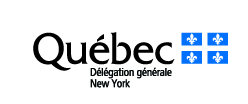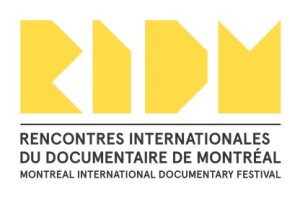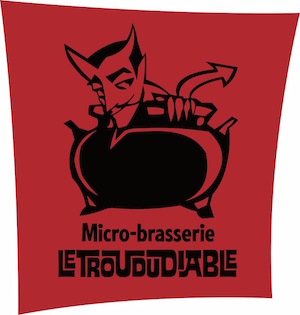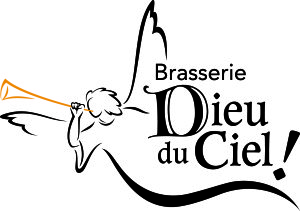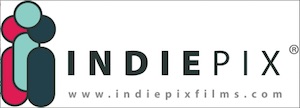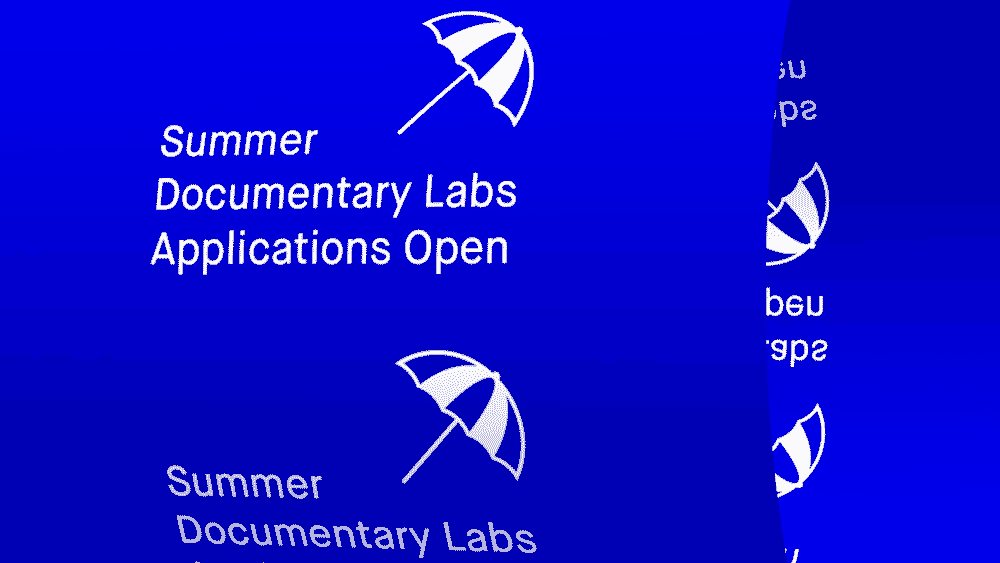“Listening to these specialists unravel with stunning clarity the roots of neo-liberalism, the mechanisms of its expansion and the ideas it conveys is a fascinating experience.”
– Malik Berkati, Le Courrier (Genève)
“A cogent attempt to bring related ideas to cinematic life, and an antidote to sound bite documentaries in general”
– Dennis Lim, The New York Times
[su_vimeo url=”https://vimeo.com/171011492″][su_vimeo url=”https://vimeo.com/123566682″][/su_vimeo]
As a part of the RIDM TAKEOVER at UnionDocs, IndiePix and RIDM have teamed up to share Encirclement: Neo-Liberalism Ensnares Democracy, a companion to Oncle Bernard: A Counter-Lesson in Economics by Richard Brouillette. The screening will be followed by a discussion with the director and a guest panel, to be announced.
Encirclement: Neo-Liberalism Ensnares Democracy (2008, 160 min) is a masterful examination of neo-liberal ideology and the various mechanisms used to impose its dictates throughout the world. The film draws on the thinking and analysis of renowned intellectuals and thinkers including Noam Chomsky, Ignacio Ramonet, Normand Baillargeon, Susan George, Omar Aktouf, Oncle Bernard, Michel Chossudovsky, François Denord, François Brune, Martin Masse, Jean-Luc Migué, Filip Palda and Donald J. Boudreau.
Neo-liberalism’s one-size-fits-all dogmas are well known: deregulation, reducing the role of the State, privatization, limiting inflation rather than unemployment, etc. In other words, depoliticizing the economy and putting it into the hands of the financial class. And these dogmas are gradually settling into our consciousness because they’re being broadcast across a vast and pervasive network of propaganda.
Beginning with the founding in 1947 of the Mont Pèlerin Society, neo-liberal think tanks financed by multinational companies and big money have propagated neo-liberal ideas in universities, in the media, and in governments.
Convinced of its historical and scientific validity, this ideology has intoxicated all governments, left and right alike. Often imposed with force, either through the structural adjustment plans of the International Monetary Fund (IMF) and the World Bank, under the pressure of financial markets and multinationals, or even by outright war, the neo-liberal doctrine has now reached every corner of the planet.
But behind the ideological smokescreen, behind the neat concepts of natural order and the harmony of interests in a free market and beyond the panacea of the “invisible hand,” what is really going on?
Stay tuned to join Richard in discussion following the screening and a BBQ with RIDM and UnionDocs.
Weekend Schedule:
Friday, 7:30pm – Oncle Bernard Screening 1 and RIDM takeover party
Saturday, 7:30pm – Oncle Bernard Screening 2 and Q&A
Sunday, 4pm – Encirclement Screening and BBQ
Bios:
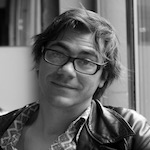
Richard Brouillette is a film producer, director, editor and programmer. Starting as a film critic for the Montréal weekly, Voir (1989), he then worked for Québec’s top independent distribution company, Cinéma Libre (1989-1999), which has since folded. In 1993, he founded the artist-run center Casa Obscura, a multi-disciplinary exhibition space, where he still runs a weekly cine-club called Les projections libérantes, for which he is also the projectionist.
He has produced and directed Too Much is Enough (doc., 111 min., 1995), for which he won the prestigious M. Joan Chalmers Award in 1996; Carpe Diem (experimental, 5 mins., 1995) and Encirclement: Neo-Liberalism Ensnares Democracy (doc., 160 mins., 2008), for which he won six awards including the prestigious Robert and Frances Flaherty Grand Prize of the Yamagata International Documentary Film Festival and Grand Prize La Poste Suisse of the 2009 Visions du réel festival.
He has also produced six feature-length films: Tree with Severed Branches by Pascale Ferland (doc., 81 mins. 2005), Barbers – A Men’s Story by Claude Demers (doc., 82 mins., 2006), Les désœuvrés by René Bail (fiction, 72 mins. 1959-2007), Adagio for a Biker by Pascale Ferland (doc., 90 mins., 2008), Les dames en bleu et Michel Louvain by Claude Demers (doc., 90 mins., 2009) and Chantier by René Bail (doc., 75 mins., 1957-2009). Brouillette has also acted as consulting producer on a number of other documentary projects.
Richard Brouillette has also been active in Québec’s independent film community, participating in militant actions and devoting himself to the cause of artist-run centers. Since 1993, he has also sat on the Boards of various organizations. He is currently treasurer of the independent filmmakers’ cooperative, Main Film, and administrator of l’Amicale de la culture indépendante, the coop that manages Casa Obscura.
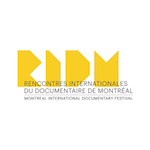 Founded in 1998, the Montreal International Documentary Festival (Rencontres internationales du documentaire de Montréal – RIDM) presents a selection of the year’s best documentaries from Canada and around the world for general and professional audiences. Documentary film has a unique place in Quebec culture. The historic backbone of Quebec cinema, the documentary sector produced a large number of major filmmakers who embraced a demanding, innovative vision of reality-based cinema, and their influence is still being felt. Above all, RIDM’s mission is to carry on the vision of those pioneering filmmakers by promoting the best local productions and presenting the year’s most important and ambitious international works.
Founded in 1998, the Montreal International Documentary Festival (Rencontres internationales du documentaire de Montréal – RIDM) presents a selection of the year’s best documentaries from Canada and around the world for general and professional audiences. Documentary film has a unique place in Quebec culture. The historic backbone of Quebec cinema, the documentary sector produced a large number of major filmmakers who embraced a demanding, innovative vision of reality-based cinema, and their influence is still being felt. Above all, RIDM’s mission is to carry on the vision of those pioneering filmmakers by promoting the best local productions and presenting the year’s most important and ambitious international works.
At a time when a large part of the world’s documentary output is constrained by the demands of television, shaping films into easily digested products, our exacting selection process is driven by a view of documentary that – while plural and seeking to address a wide spectrum of social, political and environmental themes – remains grounded in the idea of promoting truly artistic visions, by selecting productions that redefine our relationships with the world around us, and with the ever more tenuous line between fiction and documentary.
Conceived as a filmmakers’ event, RIDM relies on the presence of a large number of creators and organizes an impressive number of parallel events that promote local productions and documentary film in its many forms. Every year, master classes, roundtables and topical discussions are presented for both professionals and the general public. In addition, the close cooperation of broadcasters, distributors, programmers, festival directors and critics from around the world gives our local productions exceptional exposure. The desire to make the festival part of an organized professional promotion network inspired the creation of Doc Circuit Montreal, Quebec’s documentary market, designed specifically to support and stimulate independent documentary production and facilitate discussions among professionals, artists, producers, distributors and exhibitors of all stripes.
Support for the weekend from:
